You’re in the clubhouse. Or perched at the bar with a drink. Or walking down the 14th fairway next to a mate who’s just chunked it into a bunker.
The question comes: “How you doing?”
And without thinking, you blurt it out:
“I’m fine.”
Even if you’re not. Even if your week looks decent on paper, but everything feels strangely heavy. Or you cried at a rerun of a show you don’t even like. Or your brain feels like it’s buffering every time someone asks you a question.
We say it all the time. Because “I’m fine” is the cheat code for adult life. It’s what you say when you don’t want to make a thing of it. When you’re tired. Or unsure. Or holding it together with tee pegs and denial.
But every time we reach for “fine,” we miss a small window. A chance to say something truer. Even just slightly truer. Something that might get you a nod. A laugh. Or one of those unexpectedly good chats that starts with “Yeah, me too.”
And the good news is that it’s weirdly easy to say something other than “I’m fine.”
Let’s look at a few ways you could answer instead.
Quick takeaways
- Check in with yourself first. Use the traffic light system (green/amber/red) to quickly assess how you're actually feeling.
- Match your answer to your reality. If you're struggling, "I'm fine" just creates more distance.
- Start small. "Bit off today" is infinitely more honest than "fine" and just as easy to say.
- It's not about oversharing. You're just cracking the window open slightly.
- The other person's reaction matters less than your honesty. Even if they don't respond perfectly, you've still chosen truth over autopilot.
- Practice makes it easier. The more you do it, the more natural it becomes.
The traffic light test
Before you answer them, take a second to check in with you.
Think of it like a traffic light. Simple. Fast. No journaling required. Just a quick way to see what kind of day you're having, so you can match what you say to how you actually feel. Which sounds obvious, but most of us are surprisingly bad at it.
🟢 Green: You're doing alright
You're feeling good. Clear-headed, energetic, steady. Life feels manageable and you're actually enjoying most of it. You've got energy for the things you care about and generally feel like you're on top of things. Problems feel solvable rather than overwhelming.
What it might feel like:
- You're focused and present
- You've got your usual sense of humour
- You're making decisions without second-guessing everything
- Problems feel manageable, not overwhelming
🟡 Amber: Something's off
You're not in crisis, but things feel off. Maybe you're tired, tense, or emotionally flat. Small things are harder than they should be. You're holding it together, but it's costing more energy than usual. There's a low hum of stress, anxiety, or detachment beneath the surface. Basically, you're functional but not thriving.
What it might feel like:
- You're easily overwhelmed or irritated
- You're struggling to concentrate or stay motivated
- You're avoiding things (or people) more than usual
- Everything feels like it requires more effort than it should
🔴 Red: You're not okay
You're struggling. You're overwhelmed, shut down, or on the edge of losing control. Thoughts might feel fast, dark, or tangled. Emotions might be intense or completely numb. Either way, it's too much to carry alone. This is a red light for a reason, and a good time to talk to someone properly.
What it might feel like:
- You're panicked, hopeless, or emotionally flooded
- You're having thoughts about harming yourself or wishing you could disappear
- You can't see a clear next step and you're not sure how to get through the day
- Basic tasks feel impossibly difficult
The idea behind this is simple. It gives you a quick way to see where you're really at, so what you say in response to "How are you?" actually lines up with how you feel. Revolutionary, really.
{{divider-main="/content-templates"}}
Things to say instead of “I’m fine”
You’ve checked in with yourself. You’ve got a rough sense of what zone you’re in.
Now here’s the fun bit: actually answering the question in a way that’s not autopilot.
Below are a few things you could say instead of “I’m fine.”
We’ve grouped them by colour, not to box you in, but to help you find what fits.
Pick one. Adapt it. Or use it as inspiration for your own version.
🟢 Green
- “Honestly? I’m the best I’ve been in ages.”
- “Still rubbish at golf, but otherwise life’s great.”
- “I’m in a good place right now, thanks.”
- “Work’s decent, golf’s going OK — I’ll take it.”
- “I’m not too shabby, thanks.”
- “Feeling good—been a decent week.”
- “Pretty chilled, to be honest. Nice change.”
- “Been sleeping properly for once, so that’s helped.”
- “Things have been pretty steady recently.”
- “I’m alright—no drama, which is always nice.”
- “Feel like I’m on top of things this week. Rare feeling.”
- “Work’s busy but I’m doing OK otherwise”.
🟡 Amber
- “Bit off today, not sure why.”
- “Alright-ish. Definitely had better weeks.”
- “I’m alright—just got a lot on at the minute.”
- “Honestly, I’ve been better. But I’ve definitely been worse.”
- “I’m OK—just haven’t quite got my footing lately.”
- “Hanging in there. Bit more tired than usual.”
- “It’s been one of those ‘just get through it’ weeks.”
- “Bit of a mixed bag. Some days heavier than they should be.”
- “Not terrible, not amazing. Just coasting.”
- “Just trying to stay on top of everything right now. It’s a lot.”
- “Bit overwhelmed, if I’m honest. But I’ll be alright.”
- “Juggling a few too many things lately. Energy’s low.”
🔴 Red
- “If I’m honest, I’m not doing great at the moment.”
- “Not in the best place. Just taking it day by day.”
- “Really struggling to focus on anything right now.”
- “Just trying to keep my head above water at the minute.”
- “Everything’s just felt heavier than it should lately.”
- “Hard to say exactly, but I’ve felt pretty low this week.”
- “I could use a proper chat, to be honest.”
- “I’ve really not been myself lately.”
- “It’s hard to explain, but I’ve not felt right for a bit now.”
- “Been feeling weirdly off. Like my brain’s two steps behind me.”
- “I’ve been in a bit of a hole the last couple weeks.”
- “My head’s been all over the place, if I’m honest.”
Feel free to borrow these—or come up with your own. The point isn’t perfect phrasing. It’s giving yourself permission to answer honestly, however that sounds for you.
Important: If you're consistently in the red zone, especially if you're having thoughts about hurting yourself, please reach out for professional support. Your GP, healthcare provider, Samaritans (116 123), or local mental health services can help. You don't have to figure this out alone.
{{divider-main="/content-templates"}}
So you’ve opened up. Now what?
If you’ve managed to say something even slightly more honest than “I’m fine,” you’ve already done the hard bit. Even if it came out weird. Even if the person you said it to replied with “ah right” and then asked what you’re playing off these days.
That moment still counts.
Because what you've actually done is crack the window open. Just a little. Just enough to let a bit of air in. And sure, maybe no one climbed through it holding tissues and life advice. But still, there's a breeze now. Something shifted. Which is more than you had five minutes ago.
Their reaction might surprise you. Sometimes people are just waiting for permission to drop the "fine" act too. Your honesty might give them space to be honest back. Or they might not know what to say, which is also fine. Not everyone's good at this stuff.
You don't have to launch into a monologue or explain your entire emotional history. What you've already said might be enough. And if someone else chooses to meet you there, even briefly, it means it landed. It means something.
If they seem genuinely concerned, you can decide whether to say more or wrap it up. "Thanks for asking" is perfectly fine if you're not ready to go deeper. But if they're offering a proper chat, maybe take them up on it.
If you're in the red zone and you've opened up, pay attention to how people respond. If someone offers support, consider taking it. If you're having thoughts about self-harm, please reach out to professional help immediately. Honesty about struggling is brave. Getting help when you need it is even braver.
{{divider-main="/content-templates"}}
Why This Matters
Look, this isn't about turning every casual chat into a therapy session. It's about giving yourself permission to exist as you actually are, not as you think you should be. Which turns out to be surprisingly difficult for a lot of us.
It builds real connections.
People connect with honesty, not performance. When you drop the "fine" act, you give others permission to do the same.
It helps you process things.
Saying "I'm struggling a bit" out loud is different from just thinking it. Sometimes hearing yourself say it helps you understand what's actually going on.
It prevents isolation.
When you're always "fine," people assume you don't need support. Being honest about struggles lets people know you're human and might occasionally need a hand.
It's good practice.
The more you practice small moments of honesty, the easier it becomes to have bigger conversations when you really need them.
That's the bit we're aiming for. Just a little more honesty. A little less pretending. It doesn't need to be deep. It just needs to be yours.
If you have concerns about your mental health or well-being, please speak to a qualified health or mental health professional.
%20(13).avif)


.jpg)


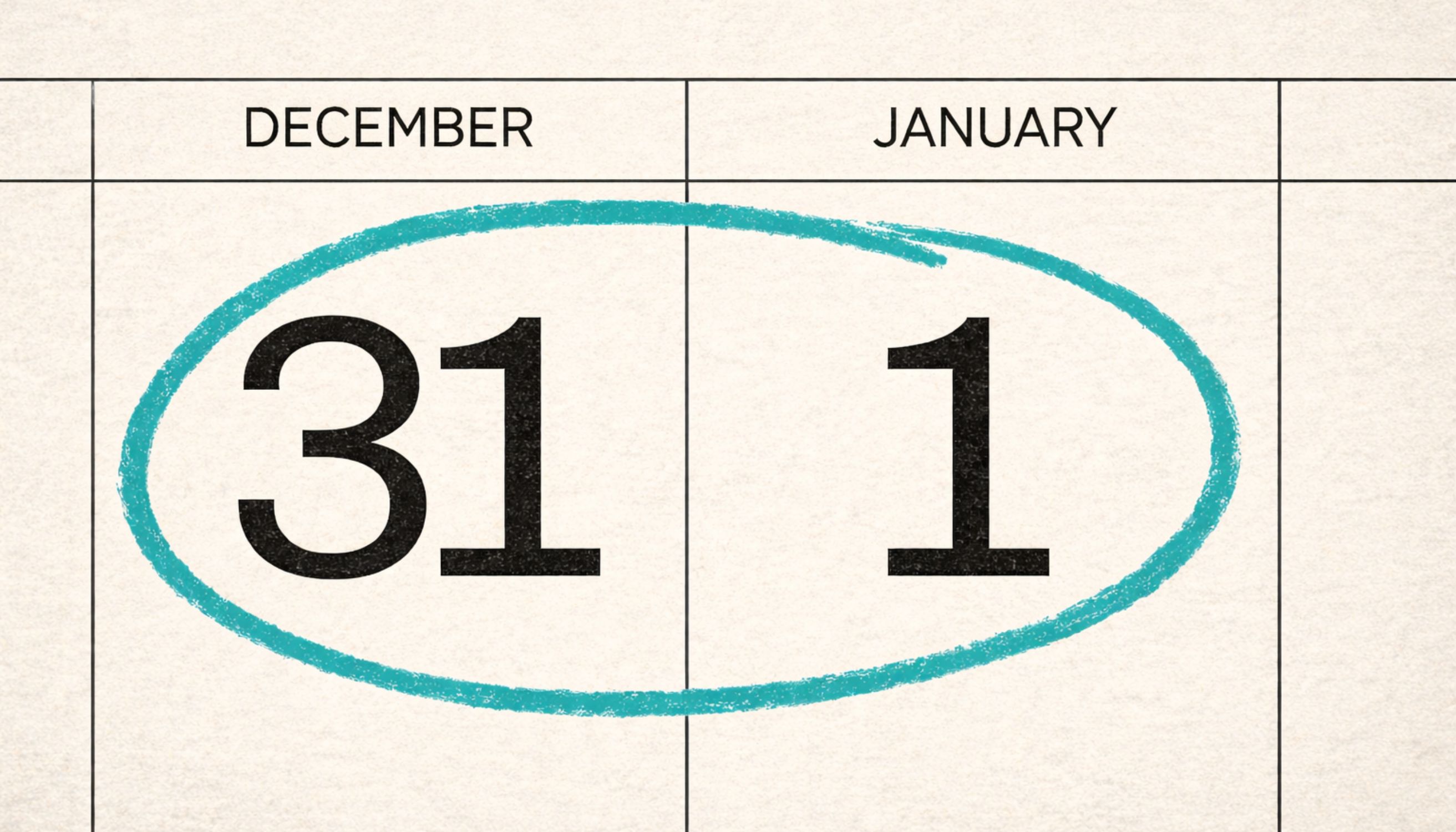

.jpg)

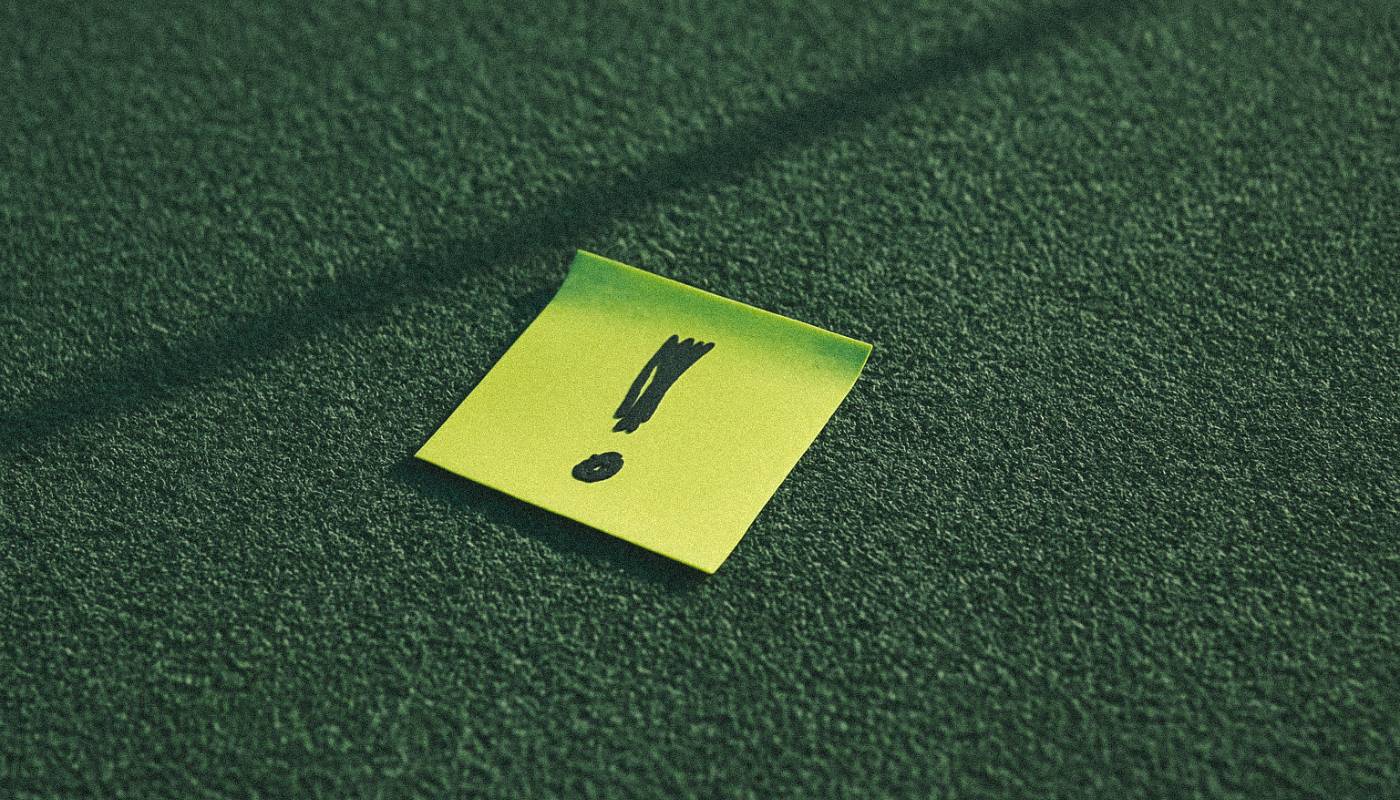



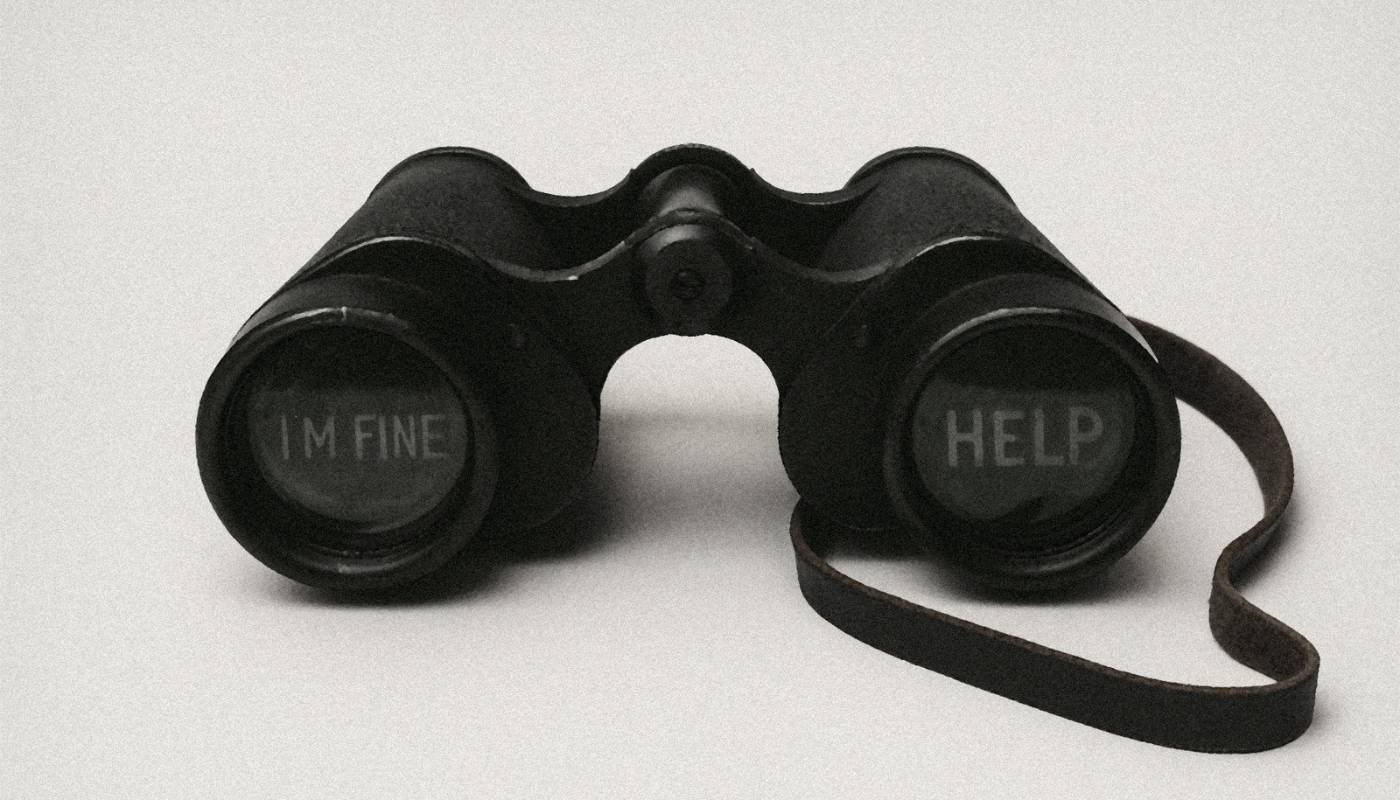
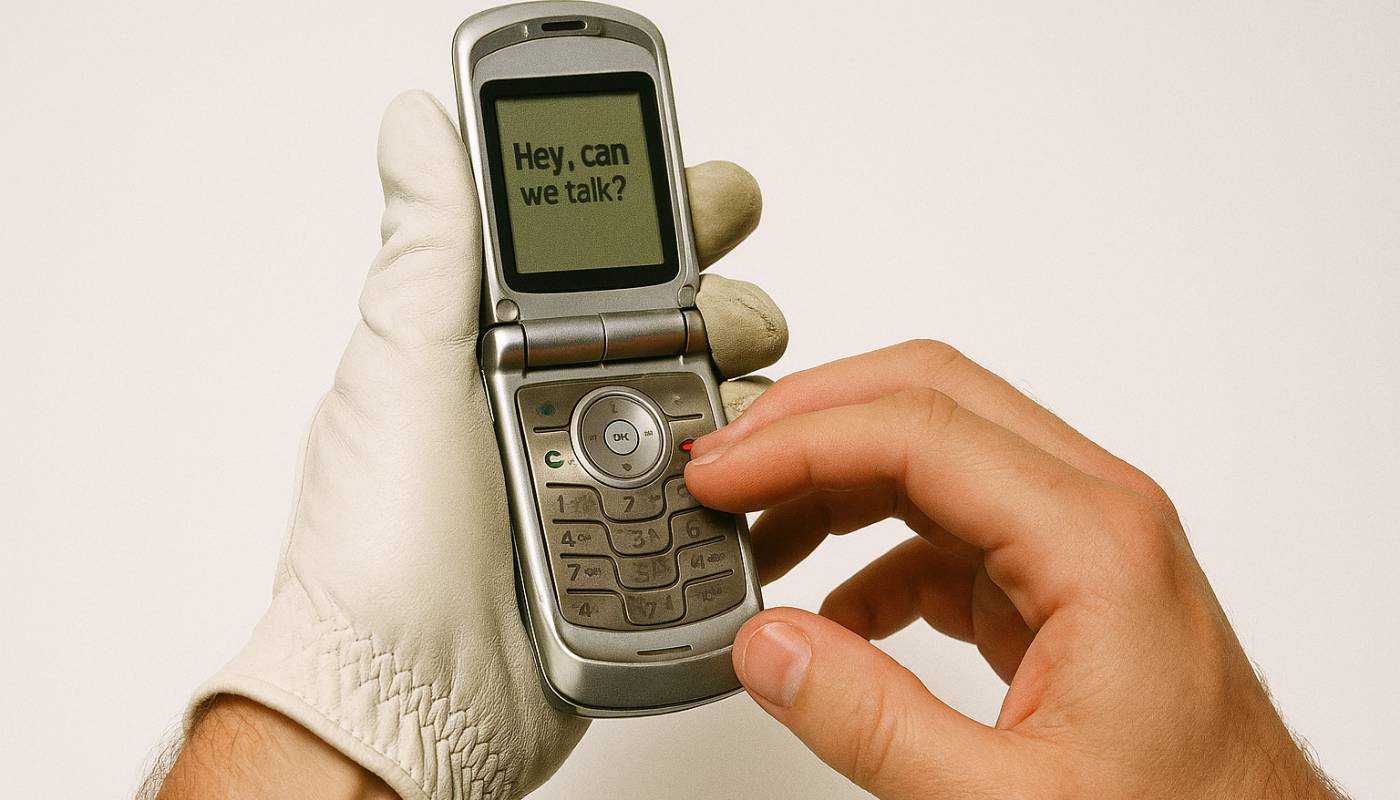
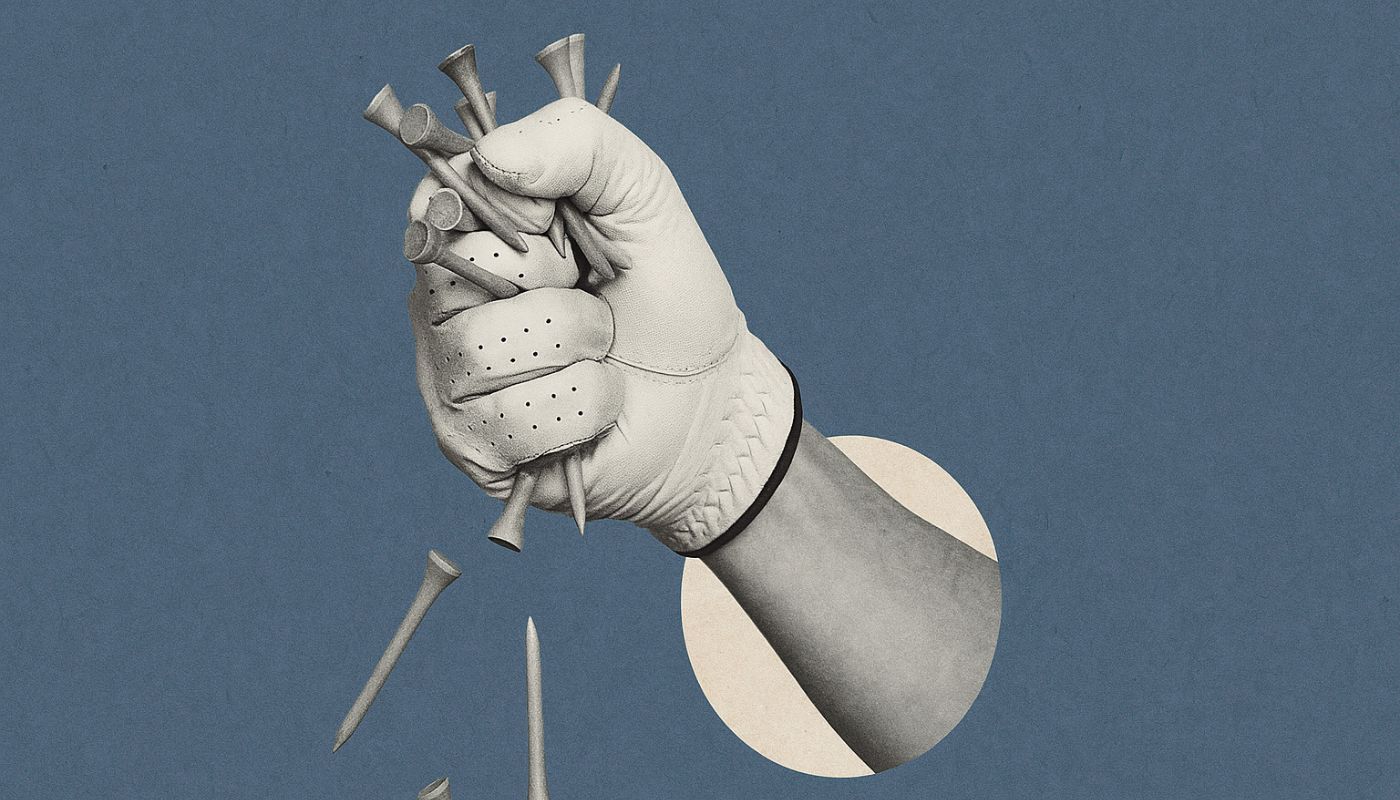
.avif)